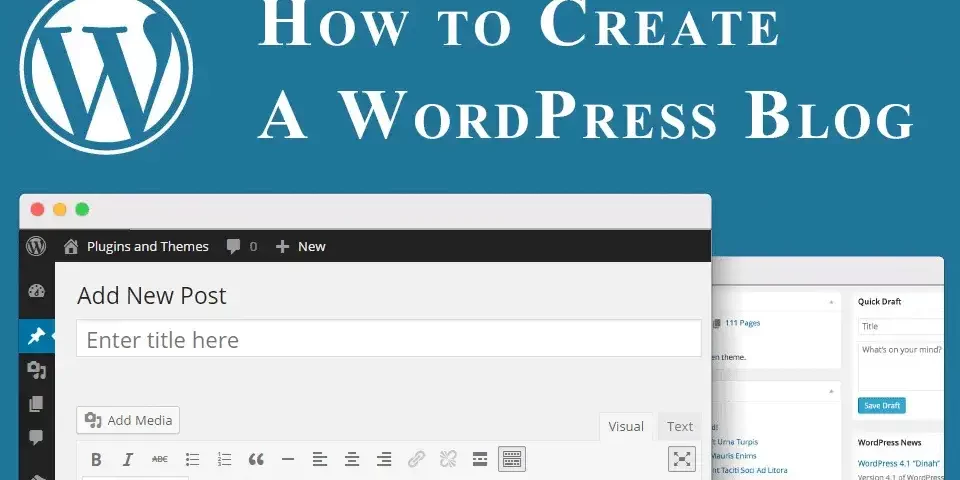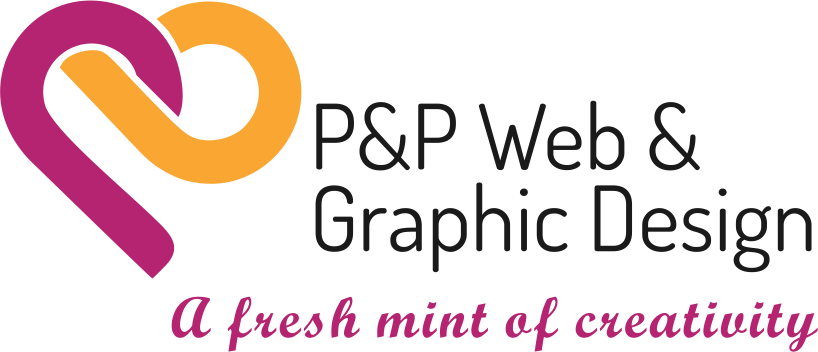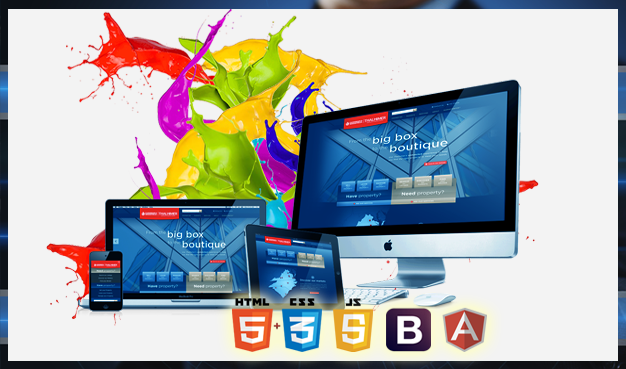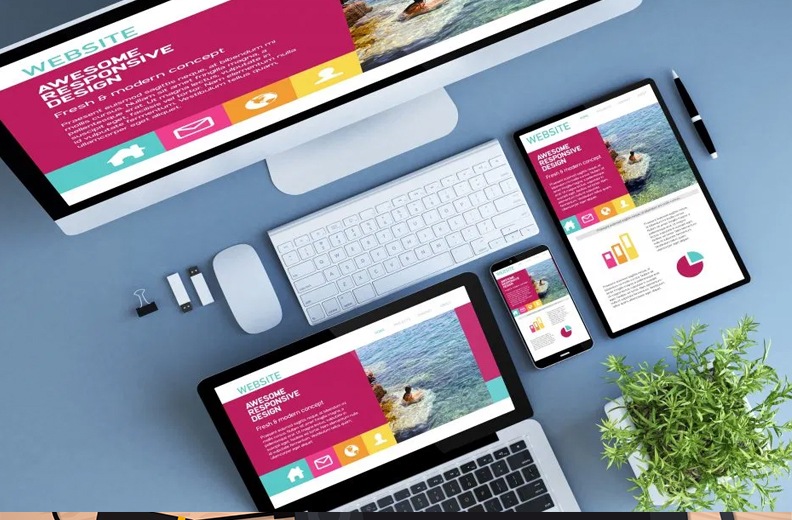- Have any questions?
- (Prasad) +91 96191 46851 | (Parag) +91 99878 20022
- support@pnpwebdesign.com
WordPress Blog: A Comprehensive Guide

Free WordPress Themes: A Comprehensive Guide
November 5, 2023
WordPress Hosting: A Comprehensive Guide
November 5, 2023WordPress Blog: A Comprehensive Guide

WordPress is a content management system (CMS) that enables you to create a website or blog without any coding knowledge. It is the most popular CMS in the world, powering over 40% of all websites.
WordPress blogs are popular because they are easy to set up and use, they are highly customizable. You can choose from a variety of free and premium themes and plugins to create a blog that matches your style and needs.
Here are some of the benefits of starting a WordPress blog:
- Easy to use: WordPress is a user-friendly CMS that makes it easy to create and manage a blog, even if you have no coding experience.
- Highly customizable: With WordPress, you can customize your blog to match your style and needs. You can choose from a variety of free and premium themes and plugins to add features and functionality to your blog.
- Powerful: WordPress is a powerful CMS that can be used to create a wide variety of websites, from simple blogs to complex e-commerce sites.
- Free: WordPress itself is free to use. You can also find a wide variety of free themes and plugins.
How to Start a WordPress Blog
Starting a WordPress blog is easy. Here are the steps involved:
- Choose a web hosting provider: A web hosting provider is a company that stores your website’s files and makes them accessible to visitors. There are many different web hosting providers to choose from. So be sure to compare their prices and features before you choose one.
- Register a domain name: A domain name is the address of your website on the internet. For example, the domain name for Google is
google.com. You can register a domain name through a domain registrar such as GoDaddy or Namecheap. - Install WordPress: Once you have chosen a web hosting provider and registered a domain name, you can install WordPress on your web server. Most web hosting providers offer a one-click installation process for WordPress, which makes it very easy to install.
- Choose a theme and plugins: Once WordPress is installed, you can choose a theme and plugins for your blog. A theme controls the look and feel of your blog, while plugins add new features and functionality. There are thousands of free and premium themes and plugins available. So you can find ones that match your needs and budget.
- Start creating content: Once you have chosen a theme and plugins, you can start creating content for your blog. You can write blog posts, create pages, and add images and videos.
Tips for Writing Great WordPress Blog Posts
Here are some tips for writing great WordPress blog posts:
- Write about topics that you are passionate about: This will make the writing process more enjoyable for you. It will show in your writing.
- Write for your audience: Keep your target audience in mind when you are writing your blog posts. What are they interested in? What problems do they have? What solutions can you offer them?
- Write clear and concise headlines: Your headlines are the first thing that people will see. So make sure they are clear, concise, and attention-grabbing.
- Use images and videos: Images and videos can make your blog posts more visually appealing and engaging.
- Proofread your work carefully: Before you publish your blog posts, be sure to proofread them carefully for any errors in grammar or spelling.
Promoting Your WordPress Blog
Once you have started writing great WordPress blog posts, you need to promote your blog so that people can find it. Here are a few tips:
- Share your blog posts on social media: Share your blog posts on social media platforms such as Twitter, Facebook, and LinkedIn. This is a great way to reach a wider audience.
- Submit your blog posts to directories: Submit your blog posts to directories such as Google Search Console and Bing Webmaster Tools. This will help your blog posts to rank higher in search engine results pages (SERPs).
- Guest post on other blogs: Guest posting is a great way to build backlinks to your blog and reach a new audience. Look for other blogs in your niche that accept guest posts, and reach out to the blog owners.
- Run paid advertising campaigns: You can also run paid advertising campaigns on platforms such as Google AdWords and Facebook Ads. This is a great way to reach a specific audience with your blog posts.
Conclusion
WordPress is a great platform for starting a blog. It is easy to use, highly customizable, and powerful. If you are thinking about starting a blog, I encourage you to use WordPress.




